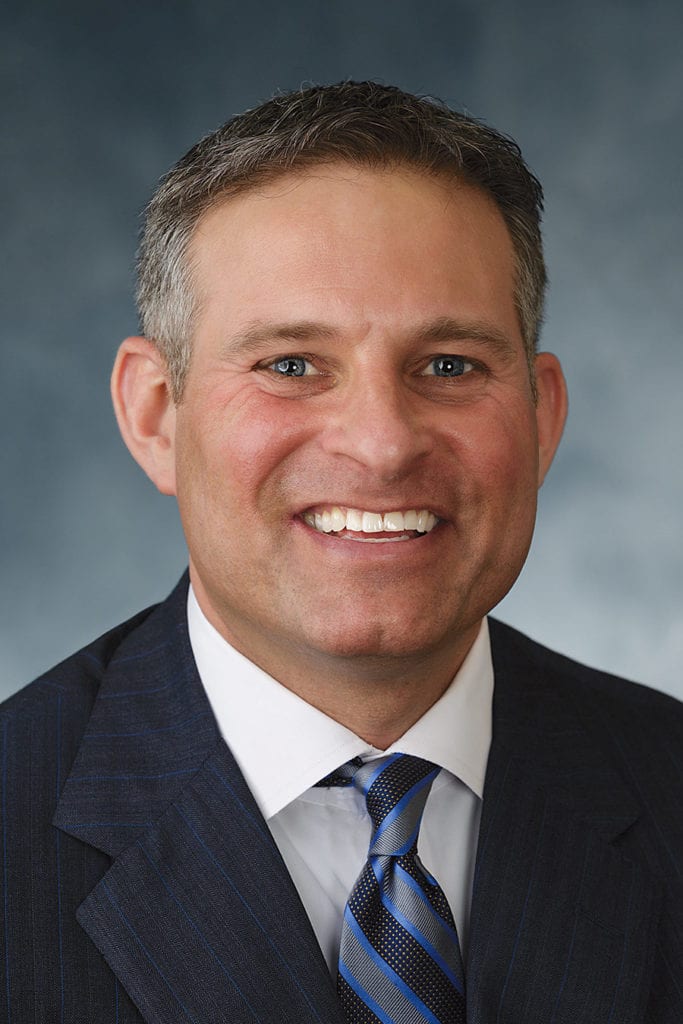Where There’s a Will… …There’s a Way to Avoid Confusion, Conflicts After Death
Music legend Aretha Franklin recently died without a will. As such, her home state of Michigan will now decide not only the ultimate distribution of her assets, but who will be the responsible party to administer her estate. This is especially disheartening because included among her descendants is a special-needs child who most likely will require additional planning. Unfortunately, Franklin, without a will, will have no say in this process.
The Queen of Soul is not alone. Industry estimates propose that six in 10 American adults do not have a will to direct the ultimate disposition of their assets upon their demise. This is disappointing, since the process for most of us is simple and fairly inexpensive, particularly when compared to the costs, delays, and potential familial distress of letting the state and the courts make decisions for you.
In simple terms, a will is a legal document that dictates how you want your assets distributed after you die. A will has no effect until then. You may revise your will at any time, as long as you remain alive and competent. Even if you do not have a sizable monetary estate, a will is still a very important document.
Among the many useful provisions in a will is the opportunity to nominate a guardian for your minor child. This can often be the most compelling reason new parents wish to have a will prepared. A will allows you to nominate someone to serve as your child’s guardian if you are unable to do so. Absent a will, the court will ultimately choose the guardian of your child. Having a will allows you to nominate the person whom you believe would be best to raise your children and, maybe more importantly, to ensure it is not someone you do not want to raise your children.
A will can also direct the distribution of your assets. After a death, the division of an estate comes with many emotions. A will allows you to provide not only for the distribution of your financial assets, but also for the distribution of your tangible personal property — items like jewelry, household furnishings, tools, collectibles, clothing, and automobiles. Having specific instructions in a will for how you wish your estate to be distributed should reduce conflict and speculation over your intentions. A will can also provide support for minor children, special-needs individuals, spendthrifts, charities, and others, in ways best suited for them. A will can truly be customized to your personal needs and desires.
A will also requires that you nominate a personal representative (formerly known as the executor or executrix). Choosing a personal representative is an important decision, as this is the person primarily responsible to administer your estate. If you have not created a will, the state will appoint a personal representative based upon a priority chart. As personal representatives play one of the largest and most important roles in administering an estate, you want to be sure to appoint someone who is honest, trustworthy, and organized — which may not necessarily be the individual the court would deem as having the highest priority to serve.
Your will should be reviewed and updated on a regular basis. This is especially true when you experience significant life or family changes, including deaths, births, marriage, divorce, moving to another state, significant increases or decreases in the value of your assets, or changes in tax laws — or if you simply feel you want to alter the way your property is distributed.
Together with creating a will, we also strongly suggest that clients create a healthcare proxy and durable power of atorney. A healthcare proxy allows you to nominate someone to make your medical and treatment decisions if you are unable to do so. Similarly, a durable power of attorney will allow you to nominate someone to assist you in making your financial decisions. Absent a good, valid healthcare proxy and durable power of attorney, if you are unable to make your medical and/or financial decisions, someone will need to petition the court to become your guardian and/or conservator, respectively. These are costly, public, and time-consuming endeavors that can be avoided if you have the proper documents.
Virtually every individual, whether single, married, divorced, childless, a parent, in good health or bad health, should have a will. Without a will, you have no input into the distribution of your assets after your death, or the people involved with administering your estate. Remember, you don’t always know your relatives until you’ve shared an inheritance — meaning that a responsible, experienced estate-planning attorney can be of great value to you and your loved ones.


